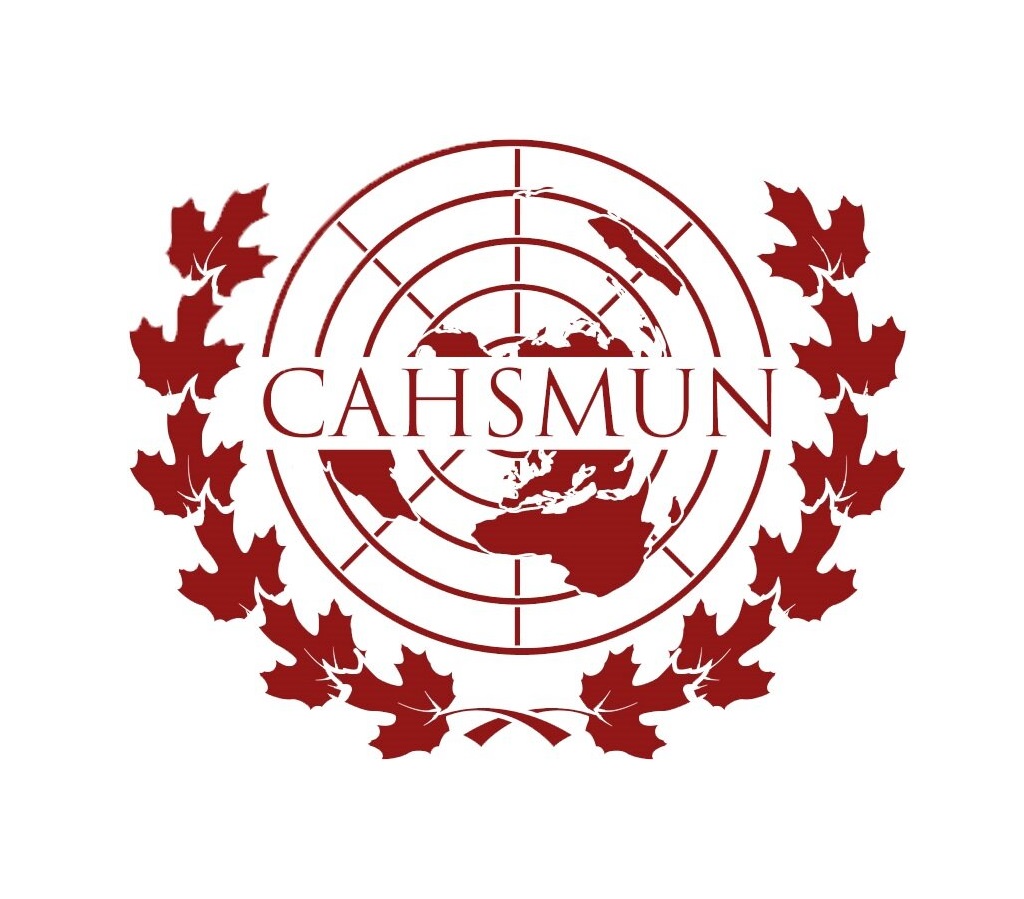In a heated unmoderated caucus within the SOCHUM committee, delegates engage in a tumultuous debate over the path to a clean energy transition. The divide pits a bloc featuring Canada, the US, and the UK against another featuring Ukraine and India.
The rift within blocs was laid bare when the delegate of Canada expressed frustration over what she deemed as the “lack of substantive” action from nations like Ukraine and Russia. In an exclusive interview, the delegate of Canada criticized the two countries, saying that they “focus solely on clean energy education,” accusing them of neglecting tangible steps towards transitioning into clean energy.
However, confusion arose when the delegate of Russia revealed in an interview that they were in the same bloc as Canada, completely contradicting Canada’s statement. The Russian delegate appeared unaware of Canada’s existence, sparking internal turmoil within the bloc.
Further complications arise, as Ukraine is caught in a “tug of war” situation, torn between merging with the opposing bloc led by Canada or maintaining its allegiance alongside India. The air in the committee room was filled with tension as delegates tussled between competing interests and mounting pressure.
The United States’s bloc, comprised of first-world nations, is advocating for stability as a prerequisite for clean energy development, emphasizing the need to address internal struggles within countries before embarking on energy transition efforts. The bloc also proposes tailoring clean energy solutions to each nation’s geographical characteristics, such as harnessing tidal energy for river-rich regions or solar energy for desert landscapes.
Ukraine’s bloc supports an educational approach to clean energy, aiming to spread knowledge and awareness. Ukraine wants to provide aid from developed nations to underdeveloped counterparts, labelling the US bloc as “selfish,” accusing them of exploitation without reciprocity. The delegate of Canada counteracted their point, stating “How can you provide aid to underdeveloped countries if you, yourself are in the midst of war and internal struggles?”
As tensions between blocs reached a boiling point, the latest unmoderated caucus was deemed “disastrous” by the delegate of Canada, highlighting the discord and disagreement in the committee. Even though the two blocs are fixed in opposite directions, they share a common goal of transitioning to clean energy. As the SOCHUM committee enters their 4th committee session, delegates continue working hard to construct viable resolution papers.
